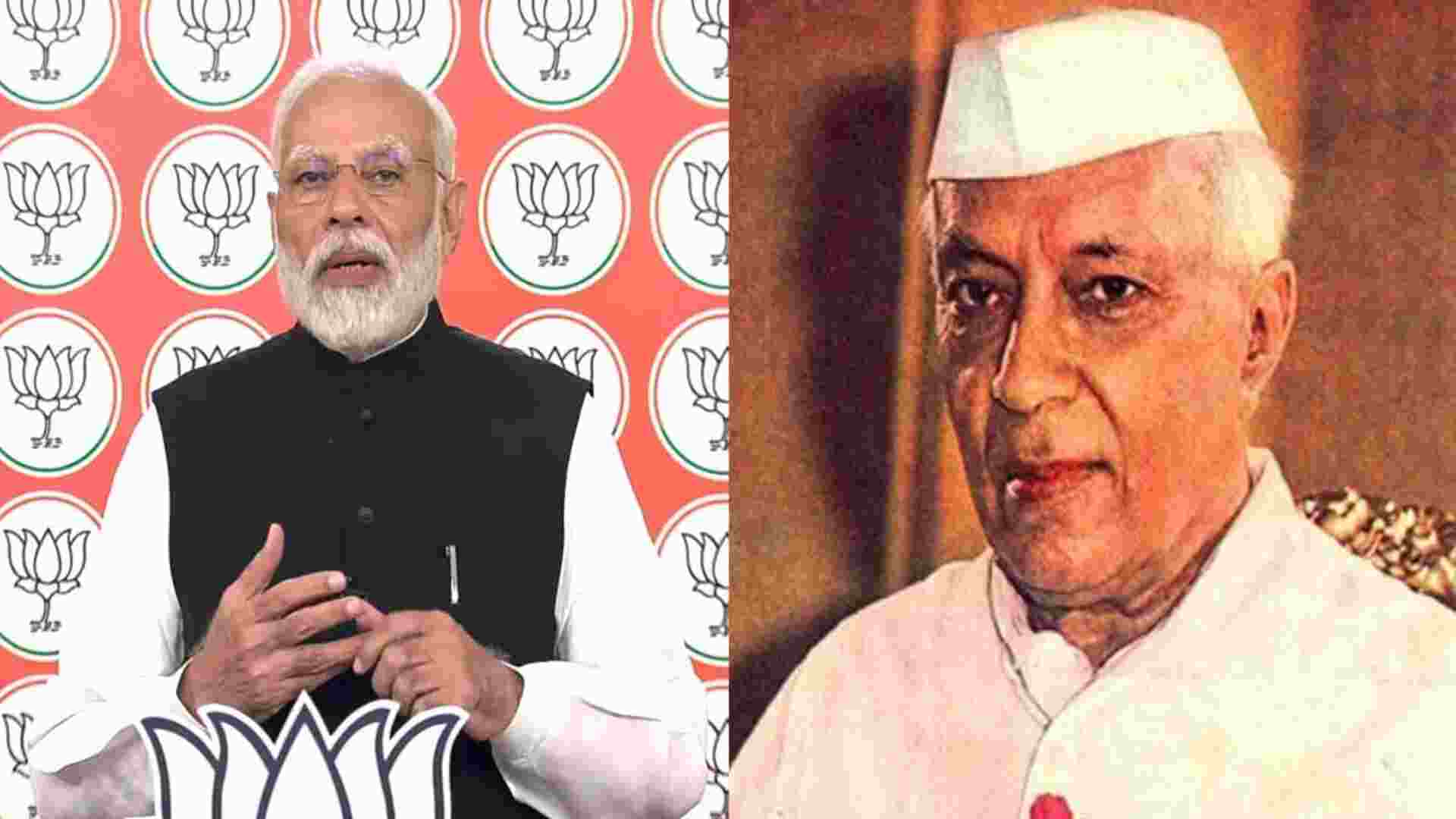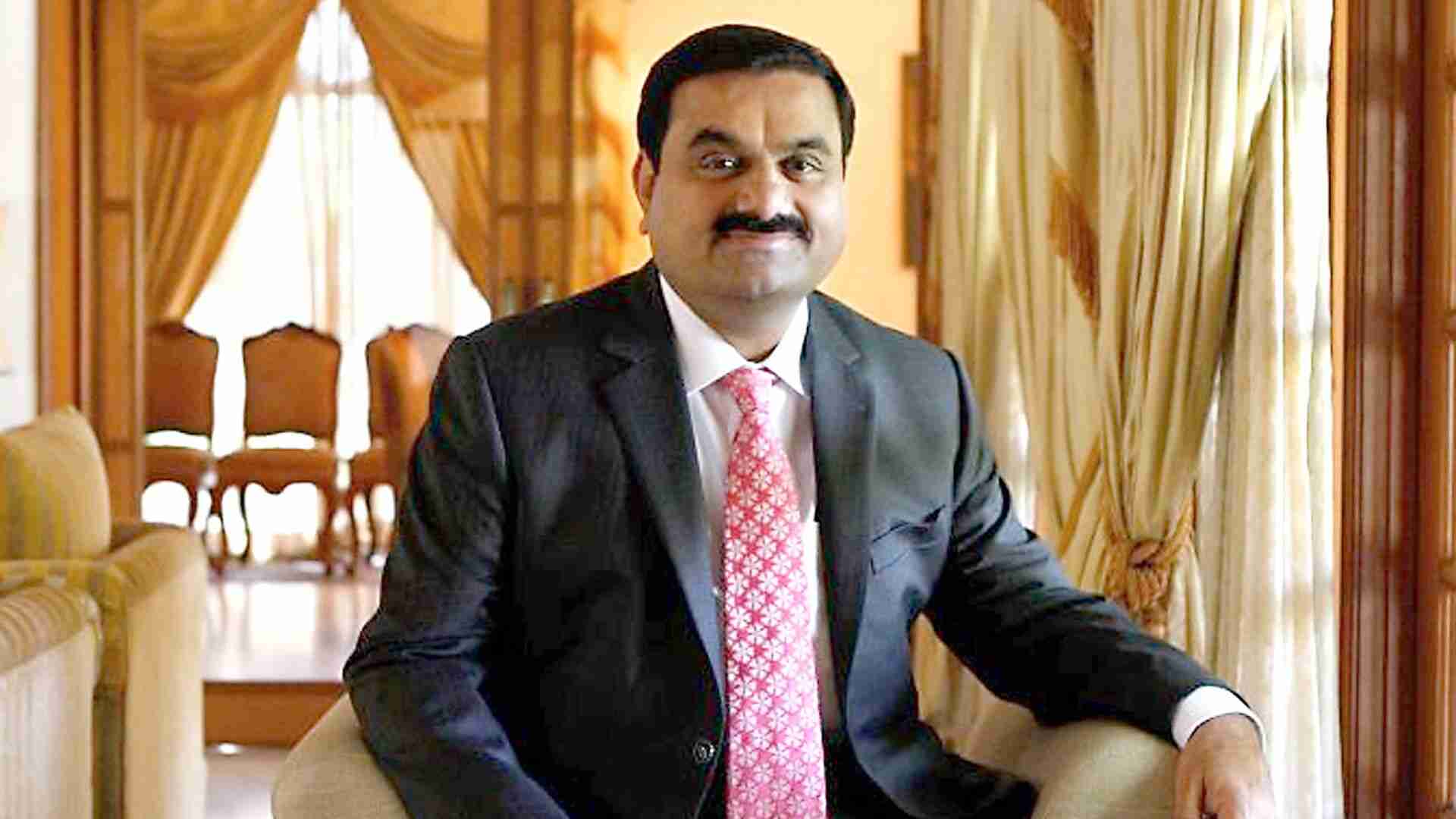Recently, I witnessed a child’s dilemma in a toy shop. Her mother gave her the ultimatum that she could buy only one of the toys. The child was torn between selecting a toy train set and a puzzle set. After what seemed like an eternity, the child made up her mind and bought one of the toys.
In life, many of us are like that. We wish for many things. That is not wrong. It is alright to want to earn a lot of money to help the poor and needy and to fulfil our desires too. It is okay to have multiple ambitions, a lot of hobbies, and at times even parallel successful careers. But we also know that these distracted efforts and energies are not going to be helpful for doing or becoming our best in a single field. Well, of course, there are exceptions!
‘Purity of heart’ means to have noble intentions, to do good for its own sake rather than for anything else. Soren Kierkegaard, while writing his powerful and masterful exposition, perhaps saw through the fickleness of the human heart. He also had glimpses of the heart’s capacity to heed our highest calling as human beings, and that is to attain a ‘purity of heart, which is to ‘will one thing’.
The Journey Towards Willing One Thing
Can we claim to have a pure intention, untainted by impure motivation? According to Kierkegaard, there may be a few barriers to such purity of intention: reward, punishment, ego, and so on. Religion, occupation, life’s passion and purpose, our position and place in society and community—they all find meaning through these motivations. We are also motivated from our childhood to respond to reward and punishment, heaven and hell, ego and insult.
Now, what is the price of not being pure-hearted or willing those multiple things? Such will lead to an unveiling of our self-deceptions, excuses, and the meanderings of the individual mind. This inevitable suffering makes a mark on our conscience, perhaps not immediately but eventually, because sooner or later we have to deal with our conscience.
So Kierkegaard says that when we slow down, introspect, assess the inherent motives of our good deeds, and see the self-deception that holds our minds, we pause. That pause is not a sluggish or passive act. It is pregnant with possibilities. It is an inward attention to the heart. This attention deep within our hearts, where we lay our intentions bare on the fabric of our conscience, is the first step towards ‘purity of the heart’.
Contemplative Meditation Practises
In many contemporary contemplative meditation practises like Heartfulness, we have introspective and active tools that regulate the mind’s impressions. We actively examine our intentions, impressions of thoughts, ideas, and complexities and remove the emotional burden associated with these. We make our emotional state simple; we make our mental tendencies pure.
Benefits of a Pure
and Simple Heart
Once you have purity in the heart, that inner radar becomes very powerful. The pure heart, in communion with the source, pours itself forth naturally with nobility, magnanimity, and love. This openness of the heart creates love.
Such loving and open people with a purity of heart have an elevated consciousness. They have nothing to worry about. The good and the bad of the world do not affect them. They are able to differentiate what is good from what is not. They do not worry about impressing anyone; they are very content with who they are and what they do. They are not easily conditioned by opinions, situations, and ego-centric ideals and goals. They have a better understanding of life and its purpose.
The heart of such people now wills only one thing, and that is the will of a higher self, the pure truth, and a loving presence.
Kamlesh Patel, known to many as Daaji, is the fourth Global Teacher of Heartfulness meditation, who teaches simple heart-based meditation practices to suit the busy lifestyle of today.















